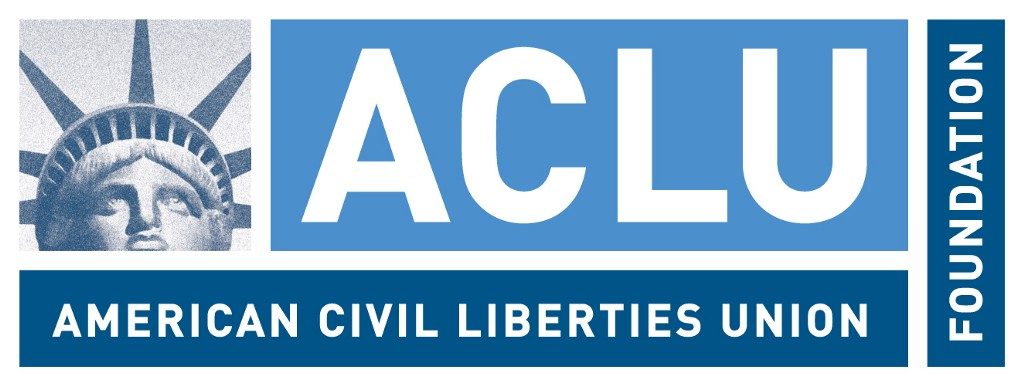Melissa Goodman, the director of the LGBTQ, Gender & Reproductive Justice Project at the ACLU of Southern California, recently spoke with Variety about the dearth of opportunities for women directors and why the ACLU decided to get involved in the cause, which Goodman calls “a legal and civil rights problem.”
Back in May, the ACLU asked the Equal Employment Opportunity Commission (EEOC) to investigate whether Hollywood is violating Title VII by not hiring more women. (FYI: Title VII is part of the Civil Rights Act of 1964, which prevents employers from sex discrimination, among other things.) The ACLU has since launched a petition in the hopes of gaining more support and momentum in the struggle to end the industry’s gender-based hiring practices.
In the course of their 2.5-year investigation, the ACLU has interviewed dozens of women about gender-related struggles they’ve dealt with in the industry.
Here are five major takeaways from Variety’s interview with Goodman:
1. The ACLU learned that many women abandoned their filmmaking ambitions because the industry just seemed too hard to break into:
“[A] lot of the people that we talked to — so many people were giving up on film, because it was just a bit too obvious that you’re never going to get any opportunities. You have to turn to television. That’s where all the jobs are, but the exclusion was still happening there.”
2. The ACLU heard the same types of discrimination stories from women over and over:
“Oh, we already hired a woman this year.” “We don’t hire women for this show because women just don’t work out with our cast and our crew.” “Too bad there’s not enough women.”
3. Why the ACLU focused on directors even though sexism pervades all aspects of the industry:
“We acknowledge absolutely that there is gender bias basically throughout all positions in Hollywood. We chose to focus on directors. We were approached by directors, but also [this aspect was pursued] because directing is a leadership position. And we thought that so much of what keeps women out of leadership positions is the bias that [hinders them getting there] and then has them evaluated more harshly when they get there.”
4. Unconscious bias and sex stereotyping are ubiquitous, but there are ways to address these problems:
“But [in interviews], beyond the obvious things that we were hearing, there was just rampant, rampant unconscious bias happening and sex stereotyping that was happening. It’s sex stereotyping that limits the projects that women are even considered for, or even if you get a job, how does sex stereotyping follow you as you do that job? How are you evaluated at that job?”
“From what we’ve observed, and from the many, many women and others that we’ve talked to in the industry, part of the problem is that so much of this is about unconscious bias. Every single person with hiring power who’s not actively trying to hire more women and people of color — they are part of the problem. It’s not enough to say like, ‘I’m not biased. I do happen to hire mostly white men, but I’m not biased.’ That’s part of the problem.
“My hope is that people are becoming more conscious of this and will acknowledge and help solve the problems. That doesn’t mean that you have to acknowledge that you’re a horrible discriminator, but it means that if you don’t step up to say, ‘We don’t do a good enough job on this show of hiring women,’ or, ‘We don’t do a good enough job at this network of making sure women directors are hired,’ you are part of the problem. You have to take responsibility for that.”
5. Why the ACLU went through the channels they did and approached the following agencies: Equal Employment Opportunity Commission, the Office of Federal Contract Compliance Programs, which oversees federal contracts, and the California Department of Fair Employment and Housing:
“The reason we went to the OFCCP is because a number of the major studios are actually significant government contractors. When you get government contracts, you actually sign up to have particular affirmative action and anti-discrimination obligations. So we brought it to their attention as well. The state agency is basically like the EEOC in California. They enforce California’s anti-discrimination laws.”
Read the complete interview with Goodman at Variety.
[via Variety]







